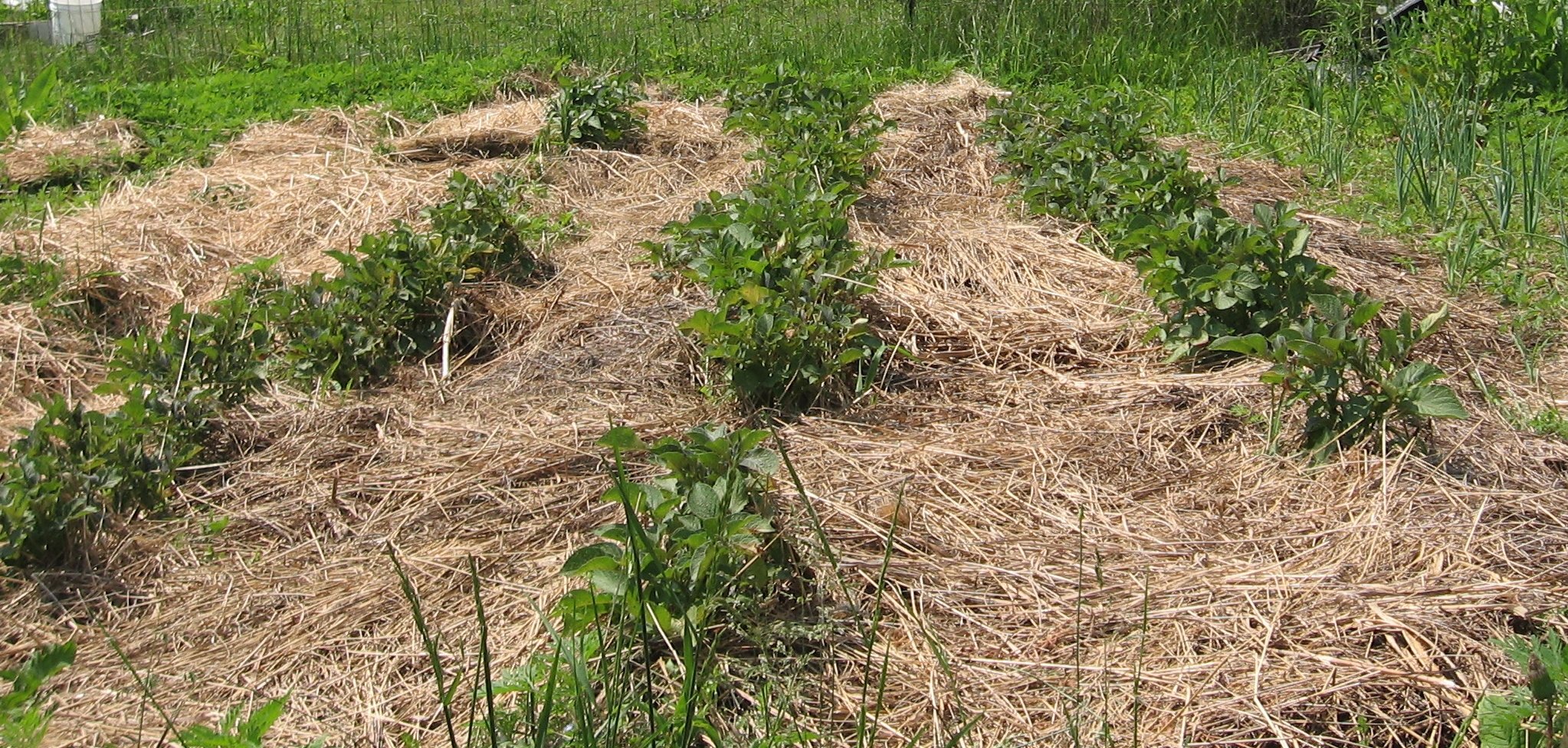Getting your garden bed ready for winter is an important part of your annual garden chores. Taking this step in the late fall will help lower bug infestations, protect your soil, and allow you to get a headstart in the spring.
It’s the end of the season and you feel good about the fresh meals you ate, canned tomatoes in the pantry, and squashes in the root cellar. You worked hard all season. So now it’s time to take a break.
Not Quite!!
Why Is End of Season Garden Maintenance is So Important?
By the end of September, most people are tired of gardening. Pulling weeds, combating bugs, and late-season canning. You are ready to take a break.
My garden tends to get away from me in late summer and the weeds are a bit overwhelming.
However, for the sake of your garden, don’t stop now. You have put a lot of time and money into the garden. Don’t lose your investment.
Cleaning up your garden will help to lower insects, protect the soil, and plan for next year.
Steps to Fall Garden Cleanup
Pull all the old plants and weeds and put them into the compost or feed them to livestock.
If you have chickens or ducks give them free rein in the garden area. They will happily clean up seeds that have fallen and gobble up insects.
Till or turn over the soil. This exposes insect eggs and weed seeds to the elements. You can put your chickens in for another round.
Cover your soil with a layer of compost. This will break down into the soil throughout the winter.
Cover the compost with a layer of loose mulch such as straw. This protects the compost and keeps rain and snow from eroding the garden.
Read our article on composting to learn more about building nutrient rich compost.
Remove Plant Residue
Plant residue, whether it’s from your vegetables or just weeds, carries pathogens and harbors insects. You don’t want that to carry over into next year’s garden. These can build up over time until you have a major problem.
Check out my YouTube Channel!
Insects
Many species of “bad bugs” overwinter in the soil. Some do this as adults and then emerge in spring to lay eggs.
Some lay eggs in fall which will hatch in spring when the soil warms. Tomato Horn Worms, Colorado Potato Beetles, and Squash borers are all common pests that lay eggs to overwinter.
Your garden soil is less compacted and therefore makes a great place for them to lay eggs. Typically eggs are laid in the top eight inches of the soil so the larvae can easily emerge come spring.
Till and Expose Insects
After you clean up the plants till or turn over the soil. This will help expose the insects.
Put your chickens to work. Let them in your garden area to have a delicious snack and lower the bug population. Hogs or pet pigs also are fabulous tillers and will munch on those perennial weed roots.
If you don’t have chickens leave your soil exposed for a few days and the wild birds will gladly give you a hand.
Tilling not only exposes insects but fungi and pathogens that can overwinter as well. The perfect time to till is just before a hard frost.
Protect Your Soil
Much of the fertility of your soil is going to be in the top four to five inches. We typically spread compost and nutrients on the top of the soil. We may till that in or allow the earthworms to do the work for us.
Regardless those nutrients are at risk of erosion during the winter. Wet weather and a cycle of freezing and thawing allow runoff to wash them away.
Mulch
Spread some mulch on your garden. Clean straw makes a great mulch. You can also use a resource you may have lots of - leaves. If you use leaves send them through a chipper first. That way they are less likely to mat and prevent airflow.
Cover Crops
Cover crops make a fabulous living mulch and will add bulk and nutrients to the soil when you till them under in the spring.
Take a Soil Test
Fall is a great time to take a soil test. This will let you know where you stand on nutrients and what you need to add before the next growing season.
Read our article Pass The Test: Soil Testing for Improved Fertility
Jump Start Your Spring
When you prepare your garden for winter you are also getting ready for spring.
Every spring we anxiously wait for that window of opportunity when we can get in and plant those early potatoes and onions. If you have cleaned and mulched your garden in the spring you are ready to go.
Take Away
Don’t neglect your fall cleanup garden chores! Then you can sit in front of the fire this winter and read seed catalogs!
Author, Ame Vanorio, is the director of Fox Run Environmental Education Center, a Master Gardener with 27+ years of experience, and loves teaching gardening to others.




Don’t let the name “Squash” bug fool ya! Squash beetles can do horrible damage to a number of plants. They can devastate crops of summer and winter squashes, as well as watermelons, cucumbers, and cantaloupe.